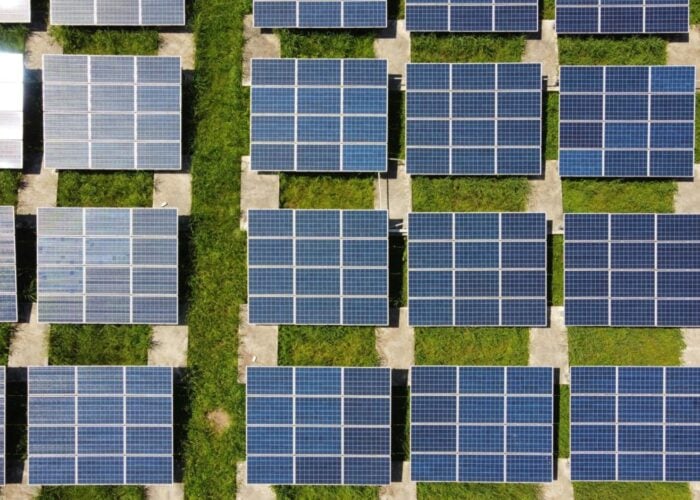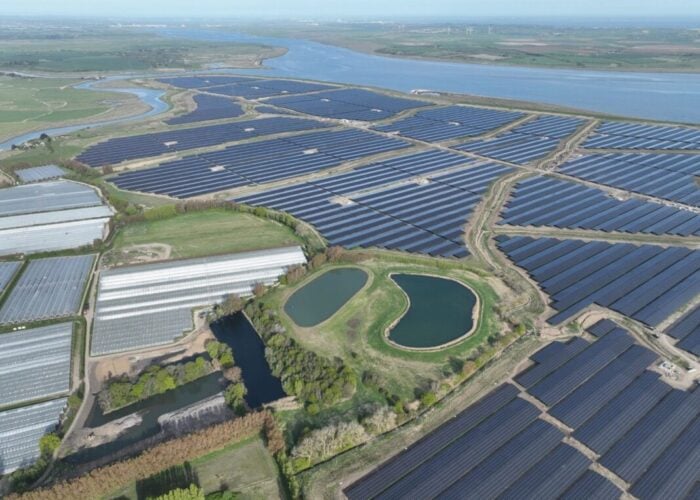The impact of a solar eclipse on European power grids will be negligible despite warnings of blackouts by the chief of the French network as a consequence of the amount of PV now on the system.
The solar eclipse in March 2015 will be the first major event in central Europe since 1999 and the first since substantial PV generation was deployed across the continent.
Unlock unlimited access for 12 whole months of distinctive global analysis
Photovoltaics International is now included.
- Regular insight and analysis of the industry’s biggest developments
- In-depth interviews with the industry’s leading figures
- Unlimited digital access to the PV Tech Power journal catalogue
- Unlimited digital access to the Photovoltaics International journal catalogue
- Access to more than 1,000 technical papers
- Discounts on Solar Media’s portfolio of events, in-person and virtual
“The passage of this shadow will considerably reduce PV power production,” Dominique Maillard, president of RTE, France’s grid operator said last week. “According to our calculations, the impact could be a drop in production of as much as 30GW across Europe,” he added during RTE’s winter outlook presentation.
But the UK operator, National Grid, said the impact on its network would be negligible.
“In general, loss of PV will offset the demand suppression of people watching the eclipse. In the event of bad weather, less people will watch the event, and there will be less PV generation to be lost,” Gillian West, a spokeswoman for the company told PV Tech.
More problematic during the last total eclipse in the UK, was the power surge after the event, rather than the loss of power during it.
“On 11 August 1999, however, there was a solar eclipse with a totality that clipped Cornwall and Devon. Obscuration in London would have been around 95-98%. On this occasion, there was one of the largest demand suppressions ever on the England and Wales system, with a drop of 2200MW, and a pick up at the end of 3000MW,” said West. “There is currently around 3900 MW of PV connected in the UK, likely to be over 4500 MW by March 2015 and we are estimating a maximum generation of 80% capacity.”
The 3000MW pick up is still the largest surge in the UK to this day, larger than the TV-related pickups created by Prince William's wedding and the England football team's numerous ignominious World Cup exits.
“It is likely that there will be less interest in this eclipse, as it will not be as dramatic, but we could still expect around a 1000MW demand suppression in demand, depending on weather on the day. This will be offset by the loss in PV of approximately 1800MW, meaning that the net impact of the loss of PV is likely to be around a 800MW increase in Transmission System Demand over the duration of the event. It is unlikely to cause any major problems to us,” she added.
Clean energy utility Good Energy was also relaxed about the impact of the eclipse.
“Grid companies are used to dealing with sudden swings in power demand and supply, especially when they are anticipated. Although the eclipse will last an hour and a half in total it will move across Europe so each single solar site will be impacted only several minutes, as the eclipse reaches them. The likelihood of power failures are slim,” a spokesman for the company told PV Tech.







